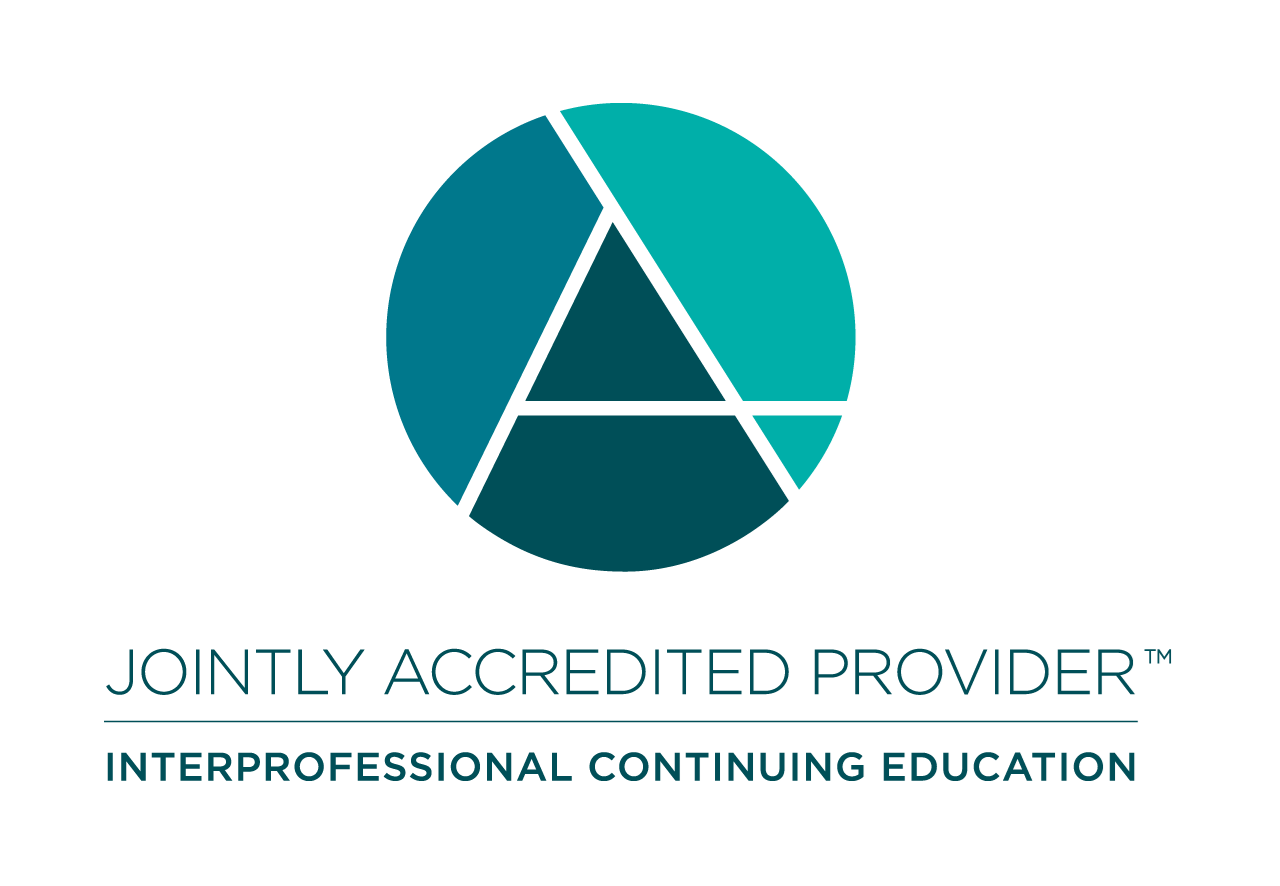How to Navigate Your Team Dynamics Through Affinity Bias, Culture Building and Positive Conflict Resolution
We don’t need the smartest people in our organizations in order to make the smartest decisions and to consistently solve organizational challenges, but what we need to develop are intelligent teams. Intelligent teams come up with ideas and solutions that are far better than individual ideas. Intelligent teams draw on diverse sets of knowledge and experiences of the team members and are able to share this knowledge as well as allow this knowledge to influence the outcomes. This process requires team leaders that are highly aware of the processes that drive team dynamics, including affinity bias, psychological safety, strong sense of belonging as well as the ability to welcome and resolve conflicts in positive ways.
In this webinar, presenters will discuss the strategies that team leaders can use to create cohesive, diverse teams that are highly safe and highly functioning.
Learning Objectives:
- Identify how high-functioning teams build trust and belonging as well as understand the concepts of trust affinity and bias.
- Describe how high-functioning diverse teams can overcome common conflict situations to remain united in a common mission.
Speakers:
Marzena Buzanowska, MD, sociate medical director of continuous improvement, River City Rehabilitation and Spine
Mary Rensel, MD, assistant professor of medicine at the Cleveland Clinic Lerner College of Medicine and director of Pediatric Multiple Sclerosis and Wellness, Mellen Center, Cleveland Clinic
Tiffany A. Love, PhD, FACHE, associate vice president/CNO, The University of Vermont Health Network, Porter Medical Center
Continuing Education Credit
ACHE Qualifying Education Credit
This webinar is eligible for 1 ACHE Qualifying Education credit. ACHE Qualifying Education credits will be automatically updated in your My ACHE account upon completion of the recording.
Interprofessional Continuing Education Credit
In support of improving patient care, the American College of Healthcare Executives is jointly accredited by the Accreditation Council for Continuing Medical Education (ACCME), the Accreditation Council for Pharmacy Education (ACPE), the American Nurses Credentialing Center (ANCC), and the American Academy of PAs (AAPA) to provide continuing education for the healthcare team.
This activity was planned by and for the healthcare team, and learners will receive a maximum of 1 Interprofessional Continuing Education (IPCE) credit for learning and change. For further information about Joint Accreditation credits and certificates, please click here.
Physician Continuing Medical Education
The American College of Healthcare Executives (ACHE) designates this live activity for a maximum of 1 AMA PRA Category 1 Credits™. Physicians should claim only the credit commensurate with the extent of their participation in the activity.
Continuing Nursing Education
The American College of Healthcare Executives designates this live activity for a maximum of 1 contact hours of continuing nursing education.
Continuing Pharmacy Education
The American College of Healthcare Executives designates this knowledge-based activity for a maximum 1 contact hours of continuing pharmacy education credit.
Continuing Social Work Education
The American College of Healthcare Executives designates this knowledge-based activity for a maximum 1 contact hours of continuing social work education credit.
Continuing Education for Dietitians
The American College of Healthcare Executives designates this knowledge-based activity for a maximum 1 contact hours of continuing education credit for Registered Dietitians and Dietetic Technicians, Registered. RDs and DTRs should enter activities offered by jointly accredited providers as type 102 on Professional Development Portfolio (PDP) activity logs. CPEUs awarded must be commensurate with participation in the activity.
Physician Associate/Physician Assistant Continuing Education
The American College of Healthcare Executives has been authorized by the American Academy of PAs (AAPA) to award AAPA Category 1 CME credit for activities planned in accordance with AAPA CME Criteria. This activity is designated for a maximum of 1 AAPA Category 1 CME credits. PAs should only claim credit commensurate with the extent of their participation.




